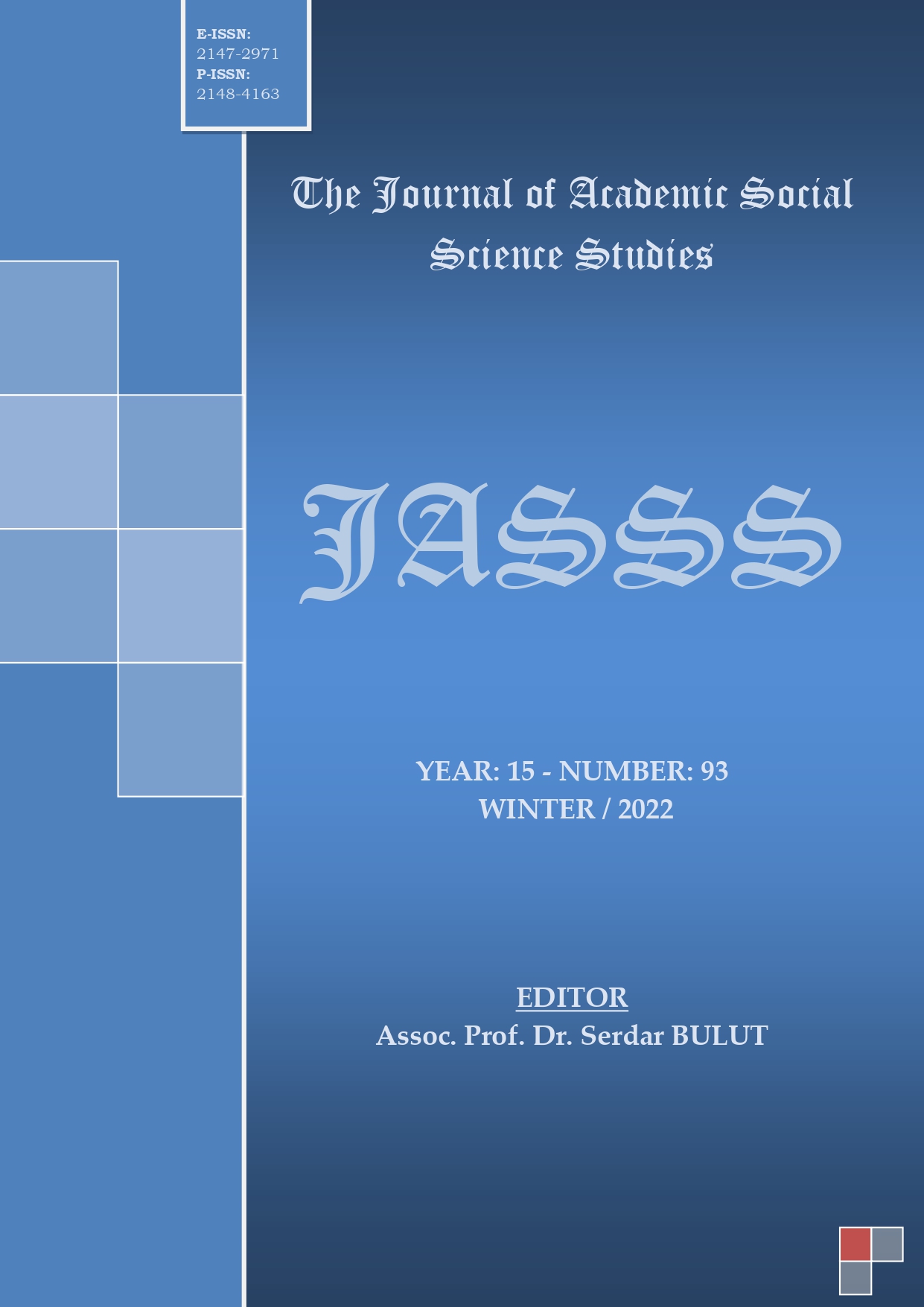Author :
Abstract
İnsanın dünyaya niçin gönderildiğine dair sorunun cevabı, peygamberlerin getirdiği vahiydedir. İnsan yalnızca maddi bedenden ibaret bir varlık değil, bedeni, ruhu, arzuları, duyguları ve aklıyla bir bütündür. Onun maddî bedenini tamamlayan bir de ruhî özellikleri vardır. Bu sebeple İslâm, insanı bir bütün olarak görmüş ve ona göre yol gösterecek esasları getirmiştir. Bu esaslar iman, ibadet ve ahlâktır. Ancak İslâm’ın bu hususları ayrı ayrı değerlendirmediği aksine birbirini bütünleyen Müslüman’ın hayat şeklini oluşturan hususlar olarak gördüğü şeklinde değerlendirebiliriz. İnsanın yaratılış gayesi ibadettir. İslâm anlayışında ibadet, yaratılış sebebi olarak inanan kimsenin Yaratıcıya zorunlu veya nafile olarak şükrünü ifa etmenin özel bir şeklidir. İman ibadete, ibadet ahlaka yöneltmelidir. İslâm’da dinî emirlerle ahlâkî vazifelerin kaynağı Kitap ve sünnettir. Ahlâk dinin aktif alanıdır. Güzel ahlâkın hâkim olduğu bir toplumda din feyiz saçar. Çünkü ahlâkî faziletler bir milletin fertleri arasında yaygın hale gelirse her birey kendi hak ve vazifelerini bileceğinden, diğerinin hakkını çiğnemekten kaçınır ve böylece orada ahlâkî bir ortam oluşur. Kur’ân anlatımında gözetilen esasları; Allah’ın tanınması ve O’na karşı yapılacak vazifeler; insanî kuvvetler ve kabiliyetlerin geliştirilmesi, insanın insanla olan hak ve görevleri ve ahiret hayatı ve ahiretin dünya ile ilgisi şeklinde sıralamak mümkündür. İslâm, insana sadece ölümden sonrasını anlatan bir din, bir dua ve ibadet etme şekli değil; aynı zamanda insanın bütün tabii ihtiyaçlarını gözeten ve karşılayan bir hareket ve hayat dinidir.
Keywords
Abstract
The answer to the question of why man was sent to the world is in the revelation brought by the prophets. Man is not only a material body, but a whole with his body, soul, desires, emotions and mind. He also has spiritual features that complement his material body. For this reason, Islam has seen man as a whole and has brought principles to guide him. These principles are faith, worship and morality. However, we can consider that Islam does not evaluate these issues separately, on the contrary, they complement each other as aspects that make up the life style of Muslims. The purpose of man's creation is worship. In the understanding of Islam, worship is a special way of expressing the obligatory or futile gratitude of the believer to the Creator as the reason for creation. Faith should lead to worship, worship should lead to morality. In Islam, the source of religious orders and moral duties is the Book and the Sunnah. Morality is the active field of religion. In a society dominated by good morals, religion radiates prosperity. Because if moral virtues become widespread among the members of a nation, each individual will know his own rights and duties and avoid violating the rights of the other, and thus a moral environment is created there. The principles observed in the narration of the Qur'an; Recognition of Allah and duties to Him; It is possible to list them as the development of human forces and abilities, the rights and duties of human beings with humans, the life in the hereafter and the relationship of the hereafter with the world. Islam is not just a religion, a form of prayer and worship that tells people what happens after death; At the same time, it is a religion of movement and life that takes care of and meets all the natural needs of man.





